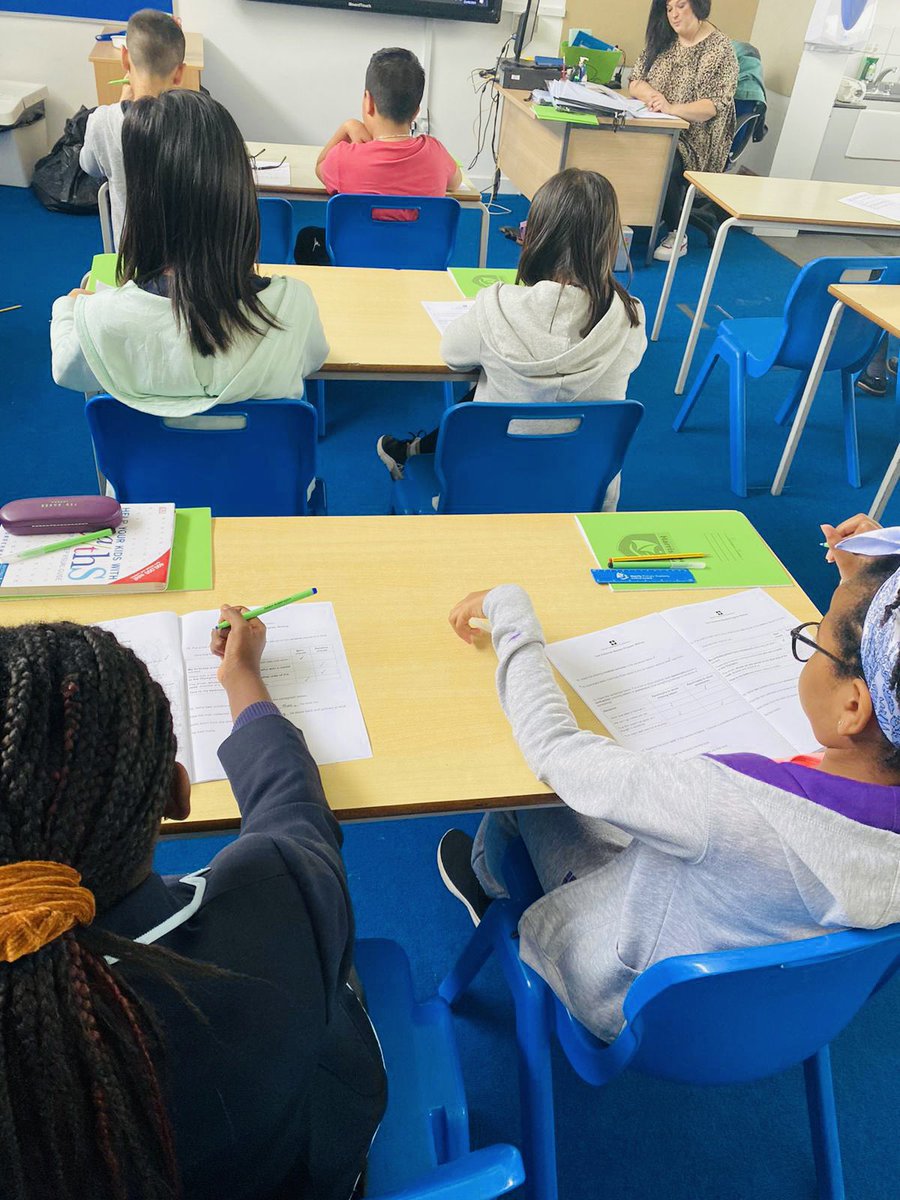Mathematics
At Harris Primary Academy Chafford Hundred we believe that children from all backgrounds can succeed in Mathematics. Our focus is on raising standards – working together to show what pupils are capable of and to find effective ways to enable every child to succeed.
At HPACH, we want our children to be confident mathematicians, fluent mathematicians, and able to solve problems. We teach maths for mastery. This means that we are teaching children to have a deep conceptual understanding rather than teaching so that children can get a correct answer. Being able to explain how they got an answer, why that answer is right, and what might happen if a particular variable was changed are the hallmarks of a mathematician – simply getting the answer right ought to be a given. At HPACH, we believe that all children are able to succeed mathematically, and that one of our primary tasks as maths teachers is to find ways of presenting, scaffolding, and teaching concepts in such a way that everyone will achieve.
Staff receive regular CPD on the teaching and planning of maths within school, as well as the opportunity for additional training delivered by Federation consultants. We aim for children to study different areas of the Maths curriculum and develop a greater understanding of these areas. Three key features of our maths teaching include:
• High expectations for every child
• More time on fewer topics
• Problem-solving at the heart
We aim to embed a deep understanding of maths by employing the concrete, pictorial, abstract approach across all phases by using concrete materials (e.g. objects) and pictorial representations (e.g. pictures, diagrams) alongside the use of numbers and symbols.This supports pupils to develop a deeper conceptual understanding of the underlying mathematical structure; enabling children to master the concepts taught and developing a deep understanding of mathematics.
We emphasise:
Language – communicating ideas, proof, clarity and development of mathematical concepts.
Thinking – questioning and task design to promote mathematical thinking.
Understanding – using the concrete, pictorial and abstract approach to deepen conceptual understanding, and making connections to previous learning, to other subjects.
Problem Solving – to be mathematical is to solve mathematical problems. Problem solving is both why and how we learn mathematics.
Typical Daily Lesson
Individual teachers have individual styles, different classes have different needs, and sometimes it’s good to shake things up a bit. At the start of the year, year 1s will find that they need more time for the task, however, generally speaking, a typical maths lesson might look like this:
Recap To develop fluency and review previous learning (5 minutes) – What are we learning about, and why is it interesting or important? (Perhaps the main character in our book has a problem we need to solve).
Mental Oral Starter (5 minutes) - Review of the times tables for the year group.
Teach and Talk input (MT/YT): (15-20 minutes) – Here the teacher gives a whole-class input, with lots of opportunities for children to talk to their partner about particular questions, apply their learning to mini-tasks, and clarify misconceptions (The teacher isn’t talking for 20 minutes).
Understanding check (5 minutes) This is in the form of a true or false question. This can been shown as a tick or a cross or a thumbs up or down as well as spot the error or hinge questioning.
Written Task (20-25 minutes) – Here the children are independently completing the stickers, which, after the teach and talk, and partner practice, are accessible and understood. We use a sticker system that progresses from fluency to problem solving and reasoning as the independent tasks for the children to complete.
In lessons we use formative assessment to help decide on what we should do next with pupils and the progress they are making. This allows us to understand how to support and extend our pupils appropriately.
Teachers recognise the difference between performance and learning and understand that pupil performance in the lesson today does not necessarily translate into the type of learning that will be evident tomorrow. As a result, the use of low stakes tests (in the form of spaced retrieval practice) enable staff to regularly assess what learning has been retained by pupils over longer periods of time. This also provides pupils with the regular opportunity of retrieving information from memory, which consequently facilitates learning.
This includes:
• assessment for learning
• pupil voice • challenge tasks
• quizzing, multiple choice and end of unit questions
• standards of learning in books
• spaced retrieval practice (see example below)
When teaching a practical photo lesson, record the learning on a sheet with the LO, Success Criteria, Date, Photo, RPQ. When children are doing a written task, this will typically be presented on four stickers for a lesson. Some units, like statistics, might need another format, in which case teachers will us their own judgement. Not all children will complete all stickers, and early on in year 1, most will only be completing one or two stickers.
You can see an example of our sticker progression in the photo gallary below.






















